The Latest Updates, Perspectives and Stories From MatrixSpace
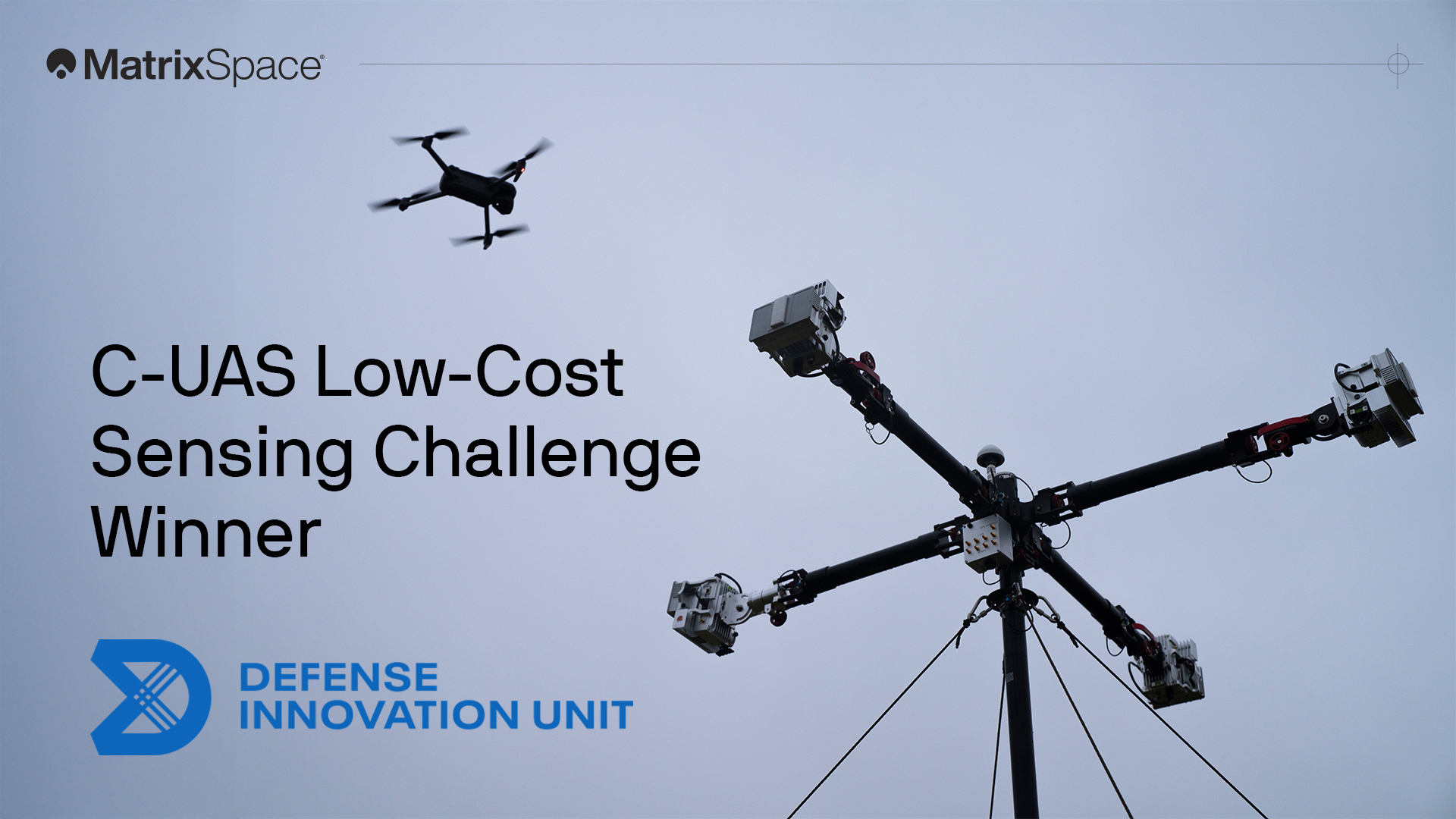
2 Major Military Competition Wins and Transforming Defense Technology
We're proud to have won both the DIU C-UAS Low-Cost Sensing challenge and the Army xTechCounter Strike competition. Innovation like ours is needed to modernize national security capabilities.
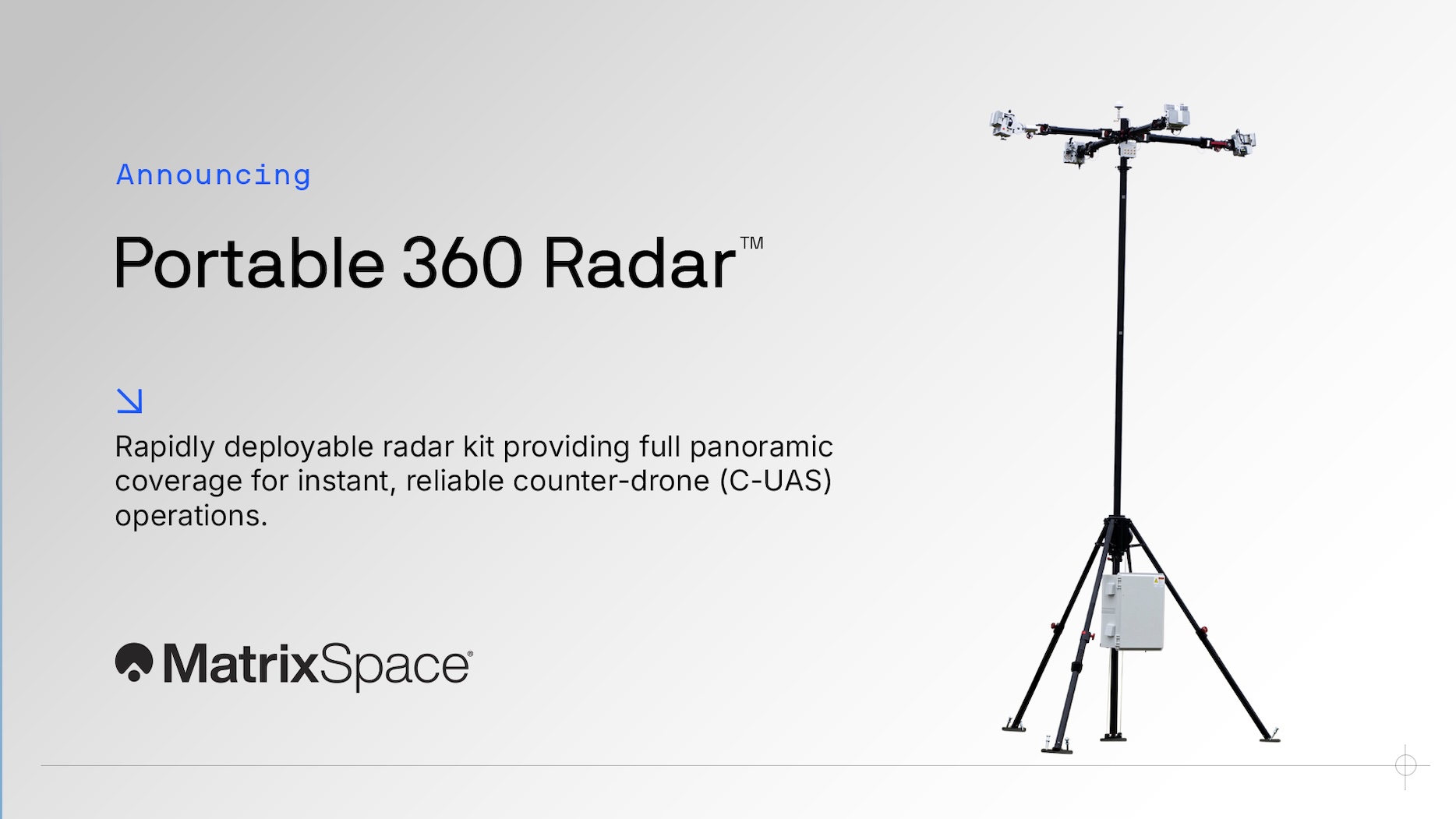
Introducing MatrixSpace Portable 360 Radar™: Rapid, Resilient Counter-Drone Detection Anywhere
Protecting airspace security for temporary operations—whether stadium events, public gatherings, expeditionary maneuvers, or sensitive activities in/near secure sites—has never been more urgent. Drone threats are increasing, and traditional radar systems simply aren’t built for the speed and flexibility these scenarios demand.

Open by Design: How Our Software Platform Enables Customer Ecosystems
Everything we build at MatrixSpace is designed for easy integration and extensibility. It allows us precise control our radar systems with precision, embed them with deep technology features, visualize data for users and orchestrate sensor interconnection. It also allows us to quickly integrate our systems with a broad ecosystem of other applications through open APIs.
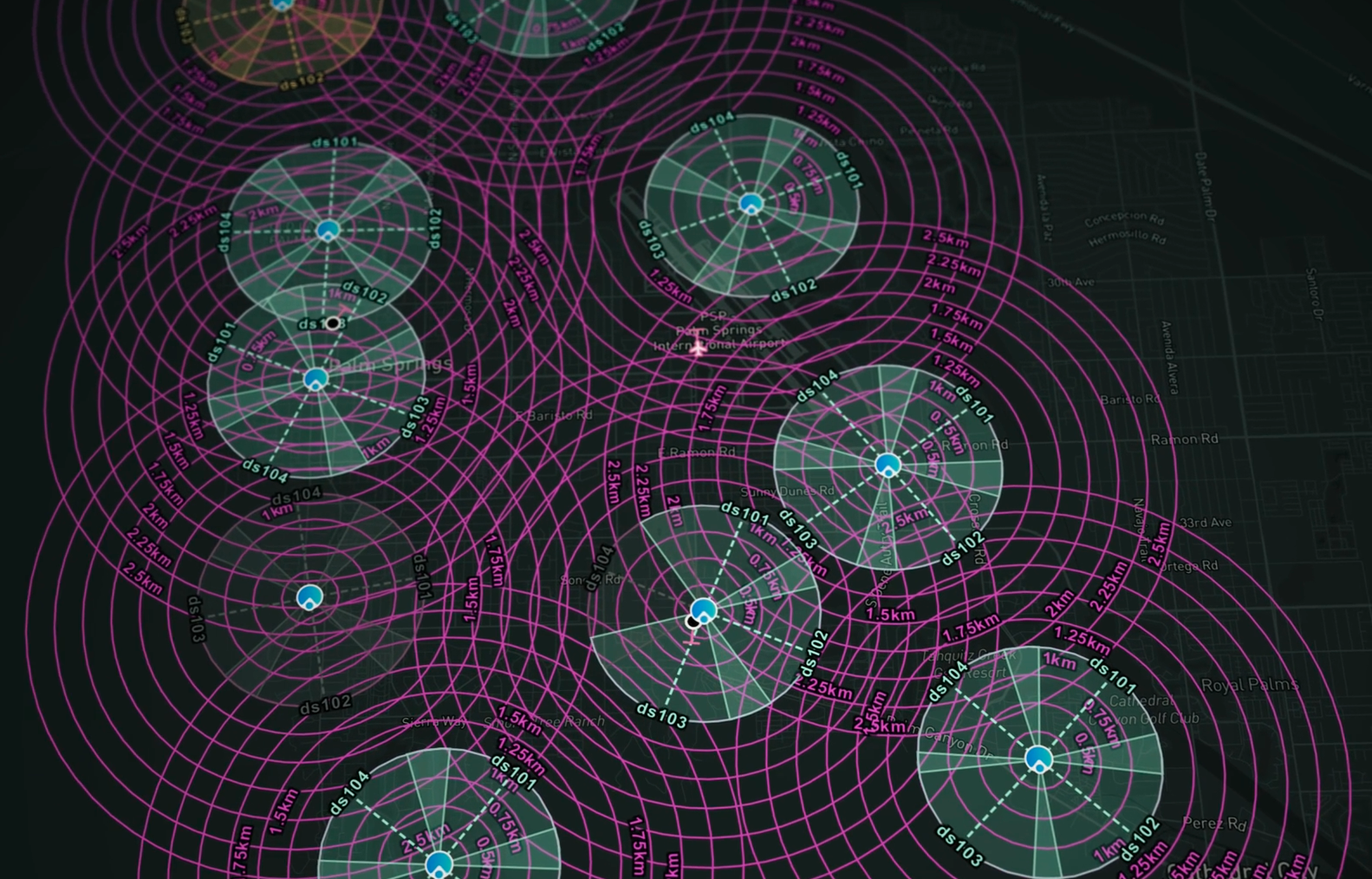
The DIU C-UAS LCS Challenge: Winning the Drone War with Innovation
MatrixSpace was selected as one of 10 finalists for the DIU's Low-Cost Sensing challenge for counter drone detection, addressing the lack of affordable scalability in traditional defense sensor systems.

DroneSense & MatrixSpace: Situational Awareness to Unlock Critical Response
DroneSense customers can now seamlessly conduct remote operations with comprehensive airspace awareness in a common operating picture with the inclusion of MatrixSpace radar detection intelligence.

Radar, Aviation Radionavigation vs. Radiolocation—Why Your Use Case Matters
The usage of radar for guiding vehicles and protecting people/places is strictly regulated for safety and to ensure reliability across radio spectrums. Your use case dictates how to comply with rules for radionavigation and radiolocation.
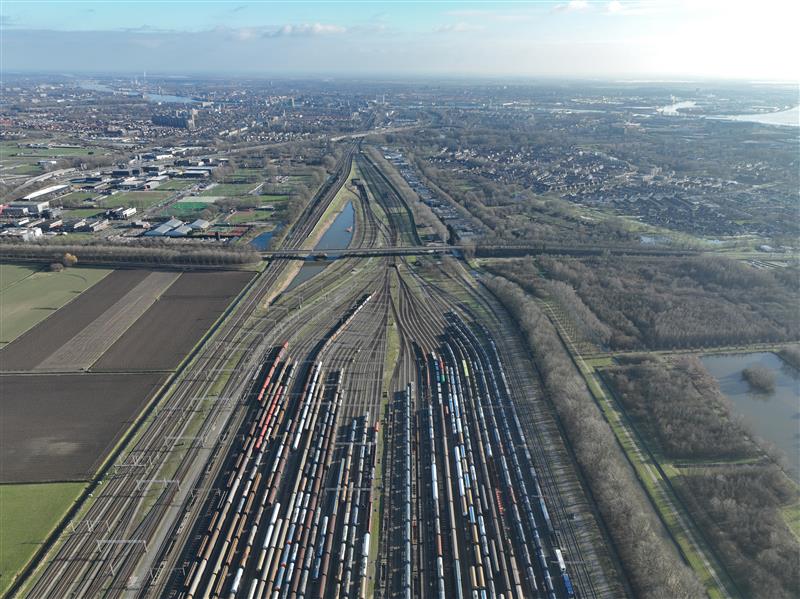
8 Ways Combined Radar and Drone Solutions Can Improve Rail Safety and Security
Railyards and rail lines face significant challenges daily—from theft, vandalism, and costly derailments. Technology enables securing their perimeters more effectively while also improve asset inspection practices.
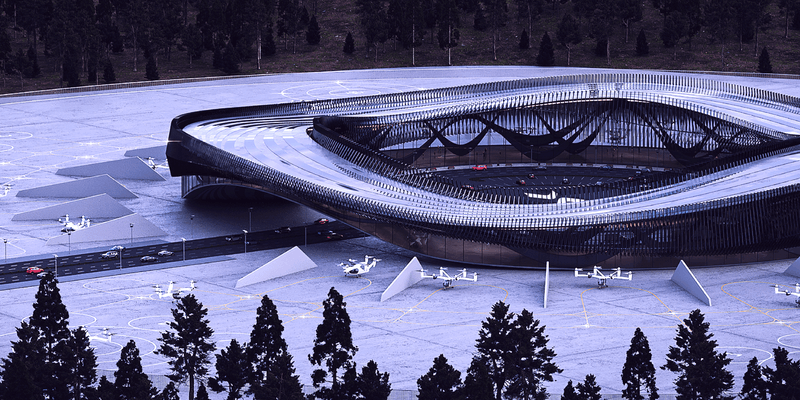
Advancing Air Mobility: The Skyway and MatrixSpace Partnership
We recently announced a joint venture with Skyway to advance the integration of intelligent air traffic management and uncrewed aircraft detection systems. Skyway develops vertiports and provides advanced solutions for vertiport traffic management and unmanned airspace planning. MatrixSpace provides outdoor sensor solutions leveraging radar technology for use in defense and commercial applications, which addresses this need. The companies’ partnership is intended to support several aspects of enabling practical advanced air mobility (AAM) initiatives in the United States.

The Urgent Need for Low Altitude Awareness in the National Airspace
The recent New Jersey drone panic has made it clear: people want to know what’s flying in low altitude airspace. Why can’t we provide the level of clarity demanded? What’s needed to make it happen?
Latest News
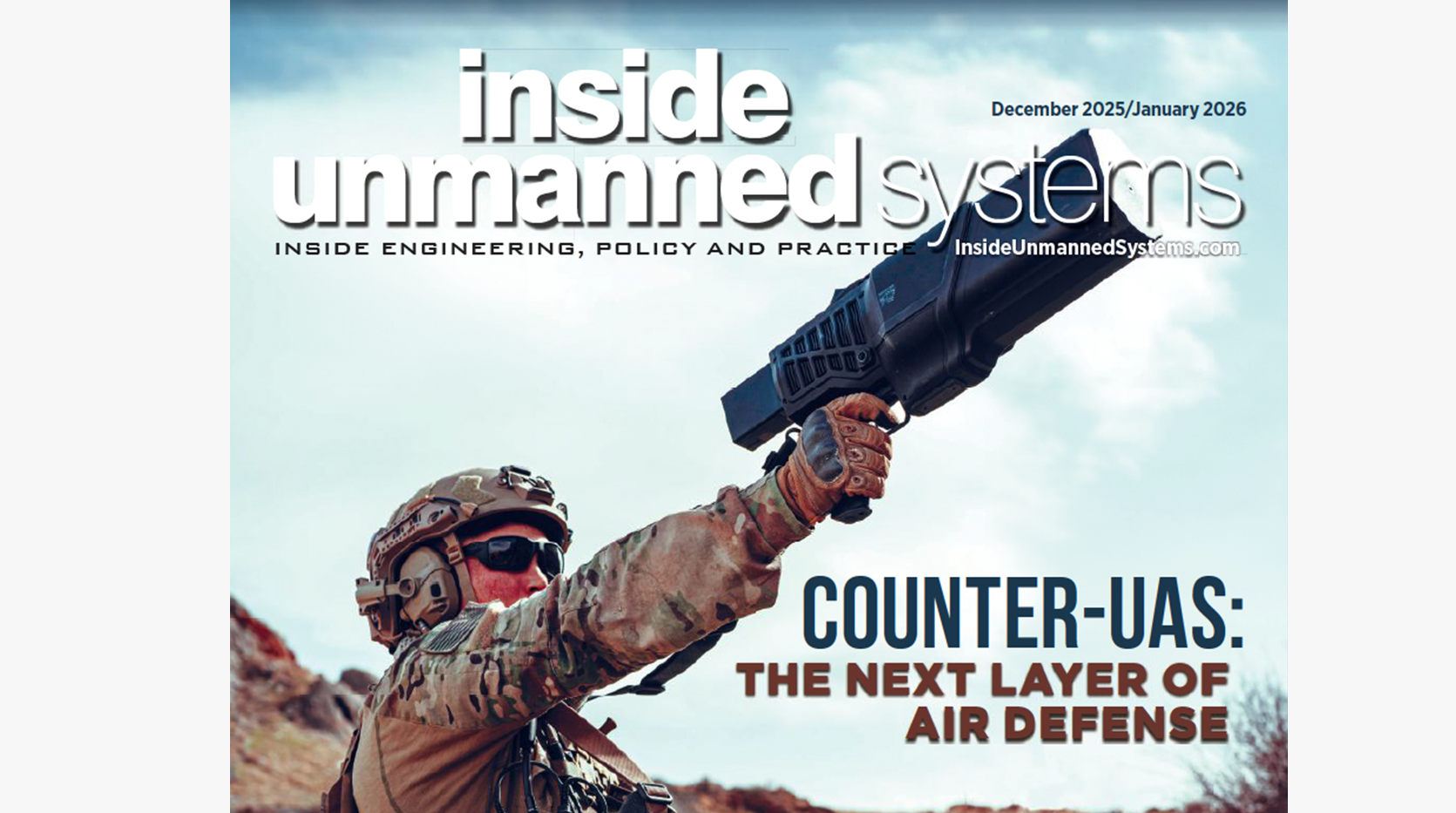

Inside the G-TEAD Marketplace: The Army's New Fast Lane for C-UAS Tech
The US Army is standing up a new "fast lane" for counter-UAS and tactical edge systems, and it's starting to fill up. Built around live experimentation, prize challenges and a European-based marketplace, the model aims to move vetted systems from demo to delivery in months instead of years for both U.S. and NATIO forces.
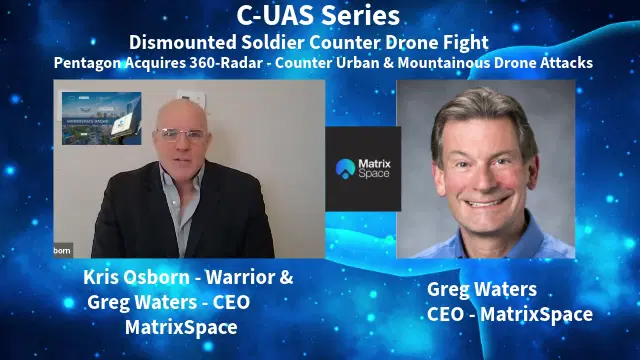

Dismounted Soldier Counter Drone Fight
“MatrixSpace finally brings to fruition a long-held goal of the military for agile, robust networked detection. The military is accomplishing what it has long sought after for decades, this idea of dismounted, non-fixed, network-programmable radar across otherwise dispersed, non-linear kinds of environments.”
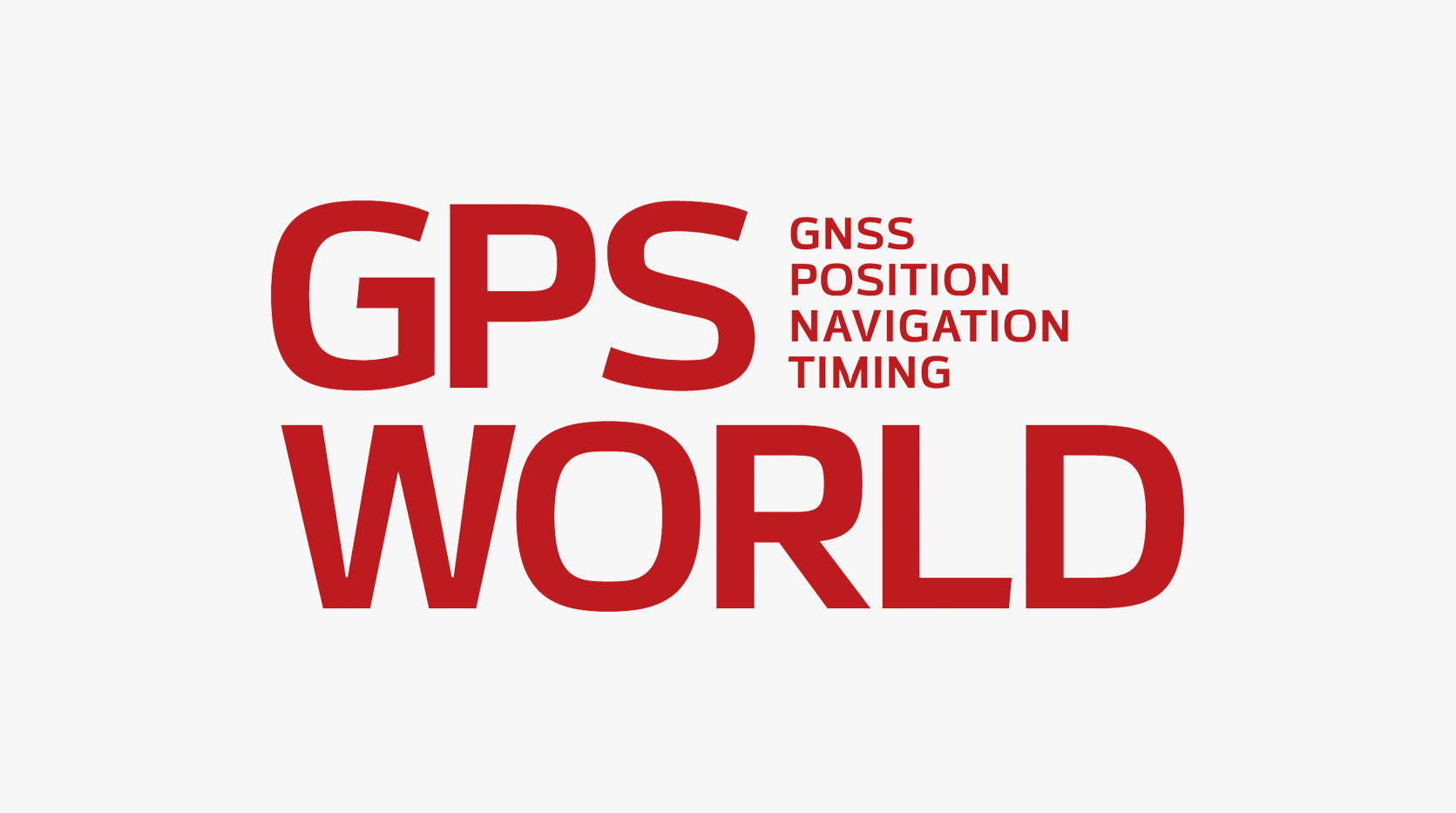

MatrixSpace wins C-UAS Low-Cost Sensing Challenge
Winners of the U.S. defense Counter-small Unmanned Aircraft System (C-sUAS) Low-Cost Sensing (LCS) challenge have been announced. MatrixSpace Inc. was selected as the overall winner and will receive the top award of $500,000. Following the overall winner, the top three performers — Guardian RF, Hidden Level and Teledyne FLIR Defense — will each receive award amounts of $100,000.


MatrixSpace Wins DIU, JIATF-401, USNORTHCOM, US ARMY C-UAS Low-Cost Sensing Challenge
The Defense Innovation Unit (DIU), in close collaboration with U.S. Northern Command (USNORTHCOM), Joint Interagency Task Force 401 (JIATF-401), U.S. Army, U.S. Navy, U.S. Marine Corps, and U.S. Indo-Pacific Command, announced top-performing solutions for the Counter-small Unmanned Aircraft System (C-sUAS) Low-Cost Sensing (LCS) challenge.
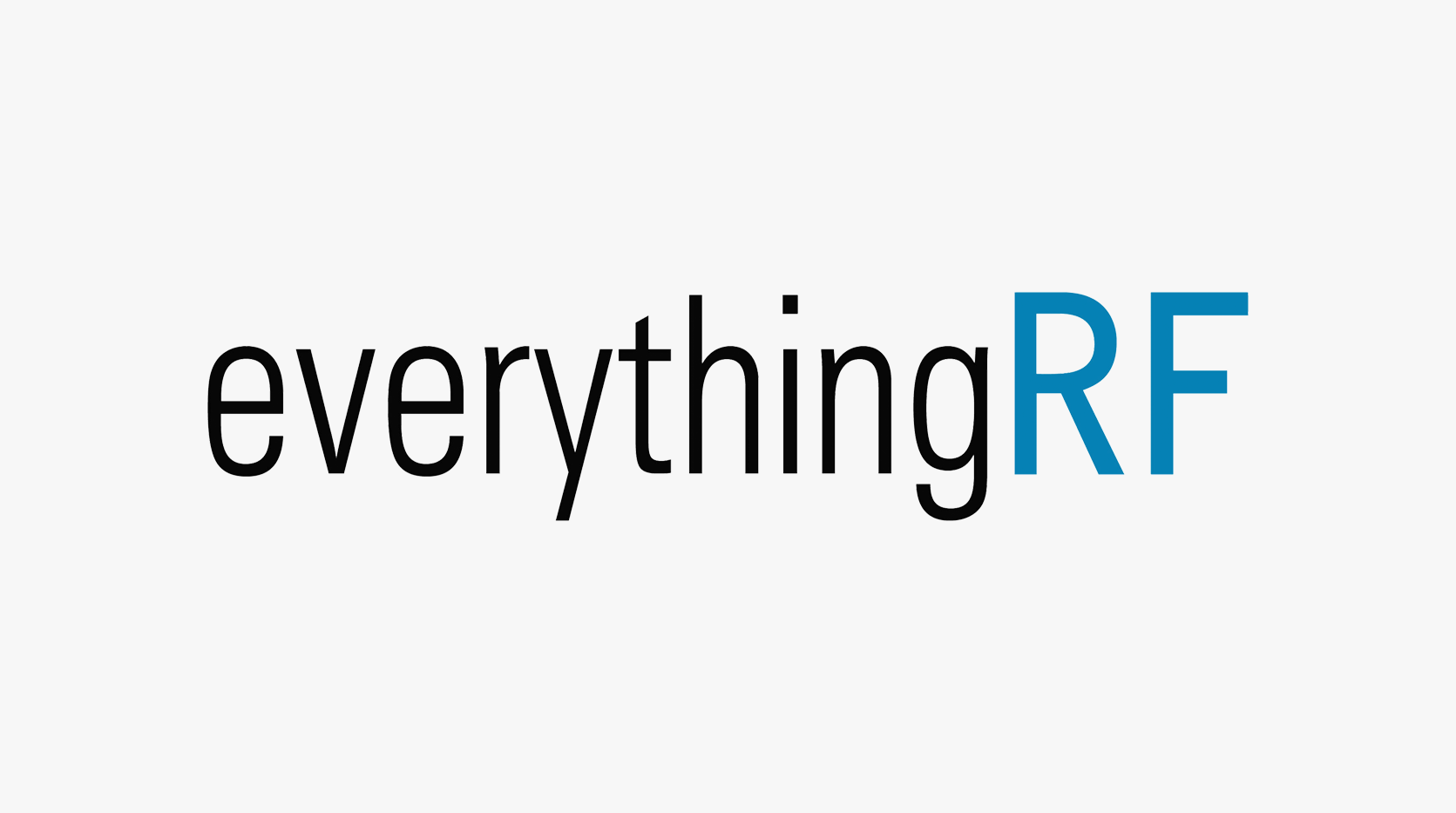

MatrixSpace Introduces Portable 360° Radar for Rapid, Resilient Counter-Drone Detection
MatrixSpace, a leader in portable AI-enabled radar for counter-UAS (C-UAS) applications, announced the availability of its new Portable 360 Radar™, a rugged, highly mobile system designed to deliver reliable close-airspace awareness with full panoramic coverage.